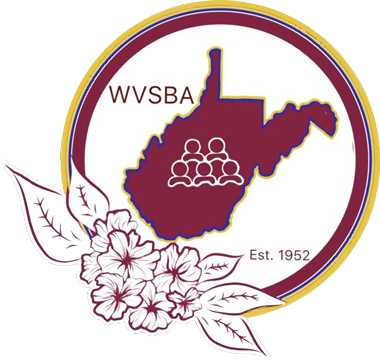Chapter XXIII: Charter Schools
A charter school is a tuition-free public school open to all students in the state. Charter schools are exempt from many regulatory constraints and are permitted to operate with distinctive curriculum, academic themes, and instructional methods. In exchange for this flexibility, charter schools must adhere to the terms that are negotiated in the contract—the “charter”—with their authorizer. In West Virginia, charter schools may be authorized by the Professional Charter School Board. The school and the PCSB agree to a charter contract, typically five years long. This contract outlines performance standards a school must meet to remain open and be renewed for another five years.
Charter schools are independently operated public schools. They receive state funds in West Virginia, 99 percent of the per-pupil total basic foundation allowance and administer the same state assessments found in noncharter public schools.
Charter schools are exempt from many regulatory requirements, which allow school leaders to innovate and flexibly serve the unique needs of each student. Charter schools, however, are still bound by federal laws pertaining to civil rights, disability rights, and health and safety requirements applicable to noncharter public schools.
